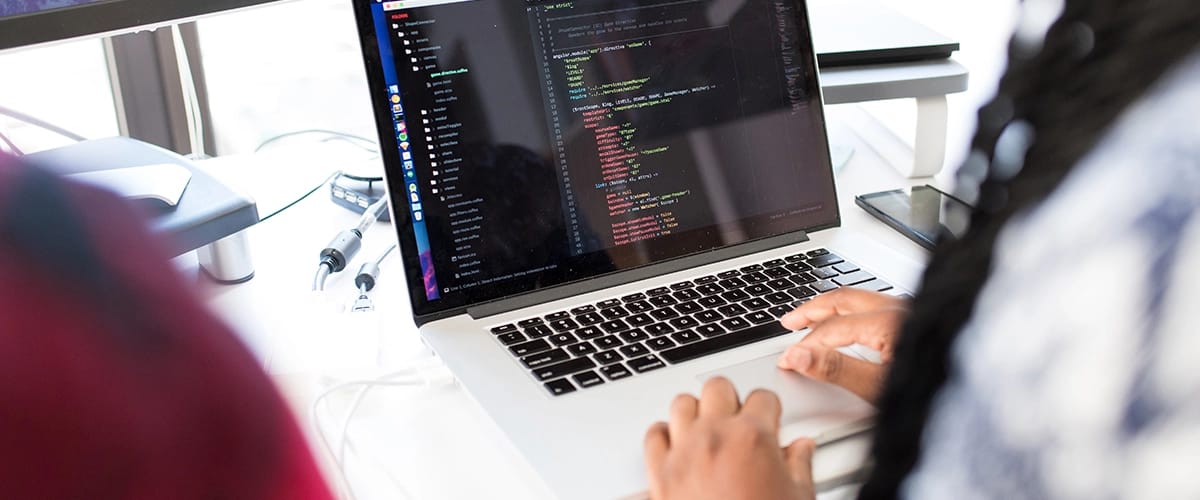How should I start learning Python?
Learning Python, a versatile and powerful programming language, opens doors to a world of possibilities in software development, data science, artificial intelligence, and more. If you’re wondering how to kickstart your Python journey, here’s a step-by-step guide to set you on the right path:

Understand Your Motivation
Clarify why you want to learn Python. Whether it’s for web development, data analysis, or automation, having a clear goal will guide your learning process and keep you motivated.
Set Up Your Development Environment
Start by installing Python on your computer. You can download the latest version from the official Python website (python.org). Consider using an integrated development environment (IDE) like PyCharm or Jupyter Notebook to make coding more efficient.
Learn the Basics
Familiarize yourself with the fundamentals of Python, including variables, data types, loops, and functions. Numerous online platforms, such as Codecademy, W3Schools, and SoloLearn, offer interactive tutorials for beginners.
Hands-On Practice
Apply your knowledge through hands-on coding exercises. Platforms like HackerRank and LeetCode provide a wide range of challenges that reinforce your understanding and help you build problem-solving skills.
Projects and Real-World Applications
Start small by working on simple projects. It could be a web scraper, a basic website, or a calculator. As you advance, tackle more complex projects that align with your interests, as this practical experience is invaluable.
Explore Python Libraries
Python’s strength lies in its extensive libraries. Depending on your interests, delve into libraries such as NumPy for data manipulation, Flask for web development, or TensorFlow for machine learning. Each library opens up new possibilities for what you can achieve with Python.
Join the Community
Engage with the vibrant Python community. Participate in forums like Stack Overflow, join Python-related groups on social media, and attend local meetups or conferences. Connecting with others will provide support, guidance, and exposure to different perspectives.
Read Code and Documentation
Explore existing Python projects on GitHub to understand how seasoned developers structure their code. Learning to read documentation is a crucial skill; it enables you to leverage the full potential of Python’s vast ecosystem.
Stay Consistent and Patient
Learning any programming language takes time and persistence. Set aside dedicated time regularly, be patient with yourself, and celebrate small victories along the way.
Expand Your Knowledge
As you become more comfortable with Python, explore advanced topics like object-oriented programming, design patterns, and frameworks. Consistently broadening your understanding will ensure that your skills remain pertinent and flexible.
Remember, the key to mastering Python lies in a combination of theoretical understanding and practical application. Enjoy the learning process, embrace challenges, and soon you’ll find yourself fluent in the language that has become a driving force in the tech world.